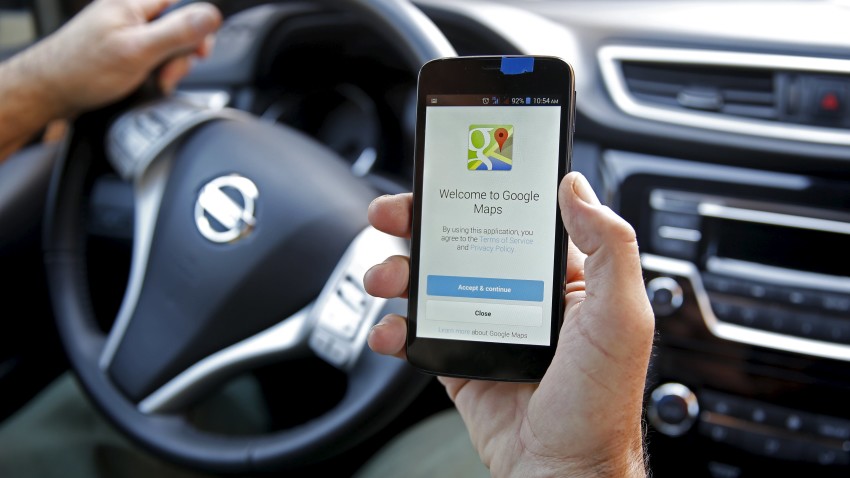Google Maps is now helping users stay abreast of COVID-19 travel restrictions when traveling by car or public transportation, Google announced Monday in a blog post.
In the latest release of Google Maps on Android and iOS, Google provides coronavirus-related alerts detailing restrictions and checkpoints along driving routes, on transit services, and more.
“When you look up public transit directions for a trip that is likely to be affected by COVID-19 restrictions, we’ll show relevant alerts from local transit agencies,” Google officials said. “These alerts can help you prepare accordingly if government mandates impact transit services or require you to wear a mask on public transportation.”
The transit alerts are available in the United States, as well as in Argentina, Australia, Belgium, Brazil, Colombia, France, India, Mexico, the Netherlands, Spain, Thailand, and the United Kingdom.
The update also provides information about transit station crowds.
“To ensure proper social distancing, commuters are paying attention to how crowded or comfortable their ride and transit station will be,” Google wrote.
Users can now find out when a station is historically more or less busy and access live data showing a station’s current activity compared to its typical level, according to Google. Users can either tap on a station on the map or search for a station in order to view departure board and busyness data.
For drivers, Google Maps will flag COVID-19 checkpoints or restrictions along the route. For example, if there’s a restriction or checkpoint while crossing an international border, an alert will display on the directions screen and after starting navigation. This feature is beginning in the U.S., Mexico, and Canada.
Finally, for those looking to get tested for COVID-19, the update will provide testing center guidelines and eligibility. Testing center alerts are available in the United States and medical facility alerts are available in the U.S., Indonesia, Israel, the Philippines, and South Korea.
Get Boston.com’s e-mail alerts:
Sign up and receive coronavirus news and breaking updates, from our newsroom to your inbox.



















